ii SIPP
What are bonds?
‘Bond’ is a term savers and investors will frequently come across; it loosely describes an agreement with a business or government to pay you interest in return for money that you have lent.
You will often see cash accounts like fixed-rate savings accounts from banks and building societies referred to as bonds, then there are Premium Bonds offered by NS&I.
However, in an investment context, the term bond usually refers to fixed-interest securities. These include loans to governments, known as government bonds or gilts and loans to businesses which are called corporate bonds.
Both pay a fixed rate of return, but unlike savings plans, your capital is at risk if the borrower defaults on the loan.
Which bonds can I hold in my SIPP?
You can hold fixed-interest securities in your SIPP, such as government or corporate bonds. These can include bonds from the UK as well as overseas markets. To be eligible for investment in a SIPP, bonds generally need to be listed on a recognised stock exchange, such as the London Stock Exchange.
You can’t hold savings products like fixed-rate bonds that you see promoted in your local bank or building society, in a SIPP however. Nor can you put Premium Bonds into a SIPP.
You can still hold cash in your SIPP, but you would need to use one of the cash deposit options offered by your SIPP provider.
Why should I buy bonds for my SIPP?
Bonds can play a useful role in any investment portfolio. Not only do they provide some helpful diversification in an equity-heavy SIPP, they can also reduce the overall risk of your portfolio.
This can be particularly helpful as you get older and capital preservation starts to take priority over capital growth.
Bonds can also be used to deliver a regular and reliable income to investors, which can be useful once you have retired and have entered into drawdown.
Even though government bonds and corporate bonds are traditionally considered to be lower risk than equities, they are not without risk. The borrower, for example, may default on the loan, and the higher the yield of a bond, the greater this risk is.
There is also an interest rate risk to consider. A fixed rate of return will become more attractive when interest rates fall and the price of bonds will go up. By the same token if interest rates rise, your return will look less impressive and bond prices will start to fall.
How can Pension Wise help?
If you have a defined contribution pension scheme and are 50 or over, then you can access free, impartial guidance on your pension options by booking a face to face or telephone appointment with Pension Wise, a service from MoneyHelper.
If you are under 50, you can still access free, impartial help and information about your pensions from MoneyHelper.

Learn more about our SIPP
Learn how to make the most out of your SIPP with our useful guides.
Important information: The ii SIPP is for people who want to make their own decisions when investing for retirement. As investment values can go down as well as up, you may end up with a retirement fund that’s worth less than what you invested. Usually, you won’t be able to withdraw your money until age 55 (57 from 2028). Before transferring your pension, check if you’ll be charged any exit fees and make sure you don't lose any valuable benefits such as guaranteed annuity rates, lower protected pension age or matching employer contributions. If you’re unsure about opening a SIPP or transferring your pension(s), please speak to an authorised financial adviser.
